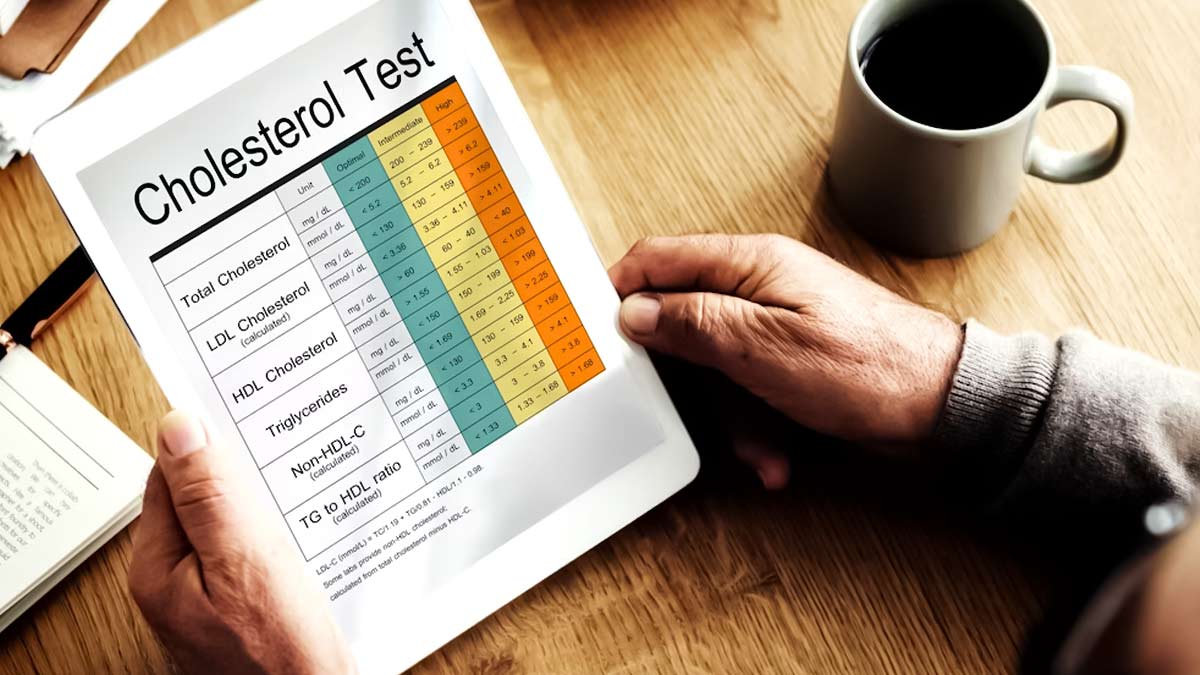
Cholesterol, a waxy substance found in the body, is essential for various bodily functions. However, too much of the wrong type of cholesterol, known as low-density lipoprotein (LDL) cholesterol, can increase the risk of heart disease. Managing bad cholesterol is crucial for maintaining good cardiovascular health.
Table of Content:-
Tips To Manage Bad Cholesterol Levels
Here are some key tips to help you manage your cholesterol levels effectively:
1. Eat Heart-Healthy Foods
A balanced diet rich in fruits, vegetables, whole grains, and lean proteins can help lower LDL cholesterol levels. Focus on foods like oats, nuts, beans, and fatty fish like salmon, which are known to reduce bad cholesterol. Limit saturated and trans fats found in fried and processed foods, as they can raise LDL levels.
2. Exercise Regularly
Physical activity has numerous health benefits, including raising high-density lipoprotein (HDL) cholesterol, the "good" cholesterol that helps remove LDL from the bloodstream. Aim for at least 150 minutes of moderate-intensity aerobic exercise per week to improve your cholesterol profile and overall health.
Also read: Coffee For Skincare: 3 Effective Face Scrubs For Flawless Skin At Home
3. Maintain a Healthy Weight
Being overweight or obese can contribute to high LDL cholesterol levels. Shedding excess pounds through a combination of diet and exercise can help lower bad cholesterol and reduce your risk of heart disease.

4. Avoid Smoking
Smoking not only damages blood vessels but also lowers HDL cholesterol levels. Quitting smoking can improve your cholesterol profile and significantly reduce your risk of heart-related problems.
Also read: Coffee For Skincare: 3 Effective Face Scrubs For Flawless Skin At Home
5. Medication when Necessary
Sometimes, lifestyle changes alone may not be enough to manage bad cholesterol. In such cases, your healthcare provider may prescribe cholesterol-lowering medications, such as statins. These medications can be highly effective but should be taken under medical supervision.
8. Regular Check-ups
Regular visits to your healthcare provider are essential for monitoring your cholesterol levels and overall cardiovascular health. These check-ups can help identify any issues early and allow for appropriate interventions.
Effective management of bad cholesterol is crucial for reducing the risk of heart disease and maintaining good health. By adopting a heart-healthy lifestyle that includes a balanced diet, regular exercise, and other healthy habits, you can improve your cholesterol profile and safeguard your cardiovascular well-being. Remember that individual cholesterol goals may vary, so consult with your healthcare provider to develop a personalised plan for cholesterol management.
Also watch this video
Read Next
Is It Healthy to Drink Water Before, During, And After Meals? Here's What Expert Has To Say
How we keep this article up to date:
We work with experts and keep a close eye on the latest in health and wellness. Whenever there is a new research or helpful information, we update our articles with accurate and useful advice.
Current Version